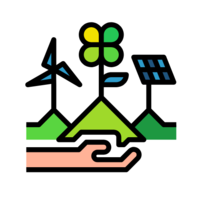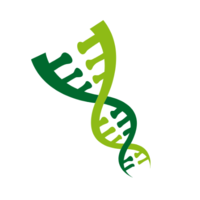Quality Improvement
The purpose of this is to liaise with SMEs and establish good/best practice in the three target areas listed below, and is fundamental component of the knowledge exchange between project partners and SMEs. It deals with improving the quality of the finished seaweed products while simultaneously addressing energy usage and waste, and thus, environmental issues. The partners will work with SMEs to apply existing technologies and working practices to their operations in the following areas:
- Cultivation, encourage seaweed cultivation both for specialised products and as a result reduce pressure on wild populations.
- Energy efficiency, establish best practice in sustainable drying, using natural process, energy recovery, and the use of renewable energies.
- Waste minimisation and recycling, reduce waste at the harvesting and processing stages by extracting the most useful and valuable material from the largest possible fraction of the raw product. We will also consider how optimising harvest timing can improve productivity.
Characterisation and Branding
The objective of this is to begin the process of creating a distinctive brand for seaweed excellence for products sourced from the clear, clean waters of the NPA area. To achieve this, we will undertake work in the following areas:
- Composition and compliance of seaweed types
- Identification via DNA testing of the product
- Branding
Piloting and evaluation
The objective is to select pilot work areas that allow the high-level innovation expertise of the academic partners to be tested by SMEs with the results evaluated to determine whether these can be transferred to other SMEs in the NPA region.
Pilot work will include:
- Adoption of novel approaches to energy use - including reduction and seeking alternatives to fossil fuels.
- Application of novel growing practices that can be adopted by SMEs
- Waste reduction / re-use as a renewable fuel source.
- Shared infrastructure amongst SMEs in relatively close proximity.



